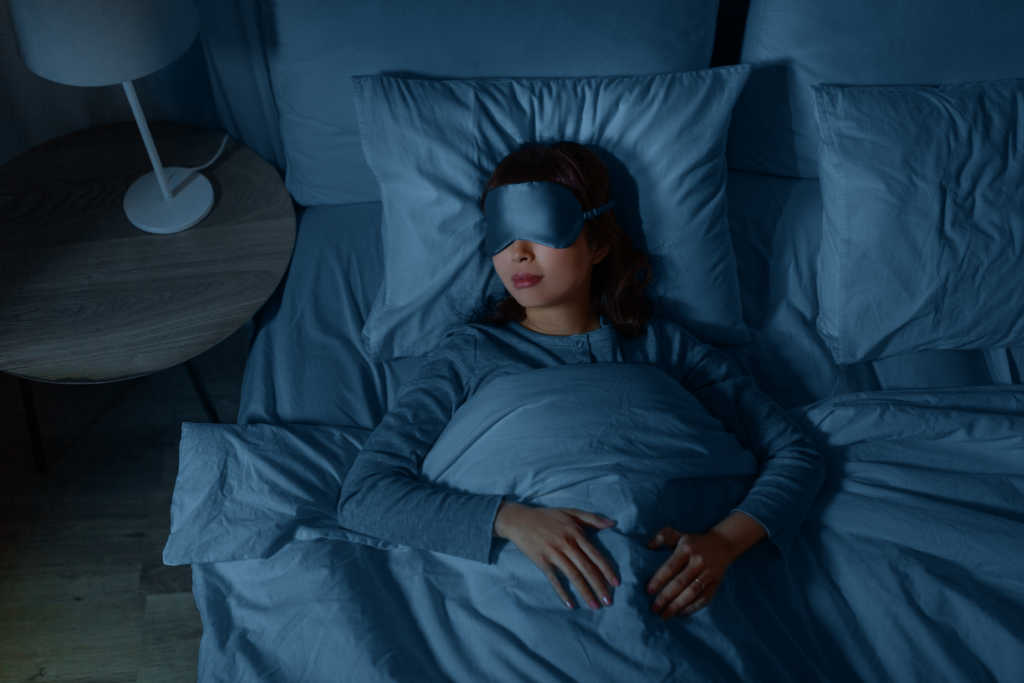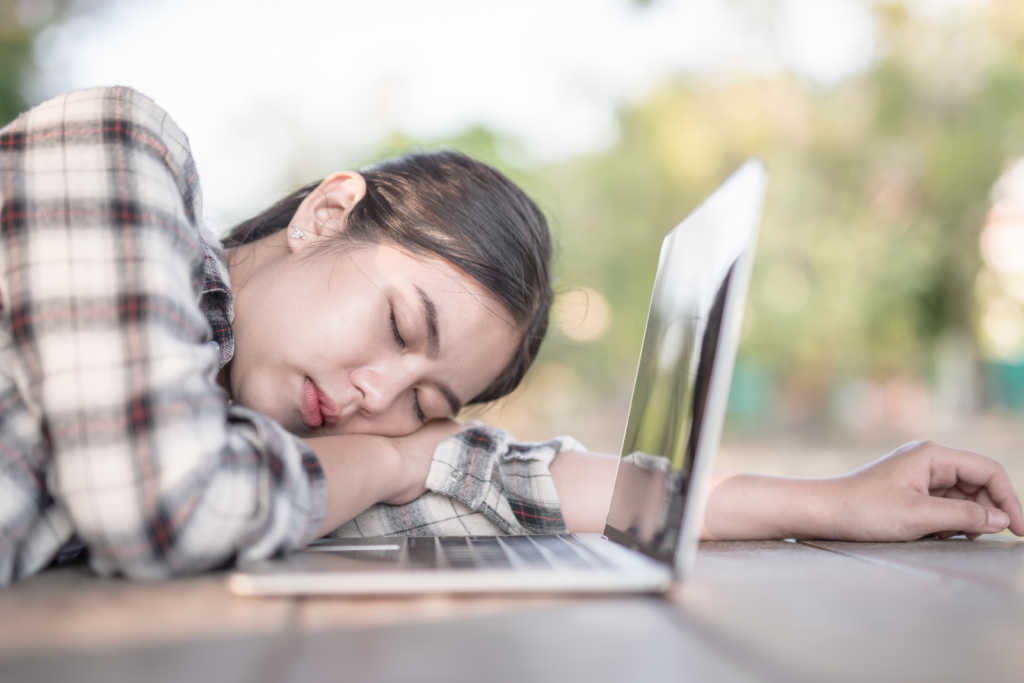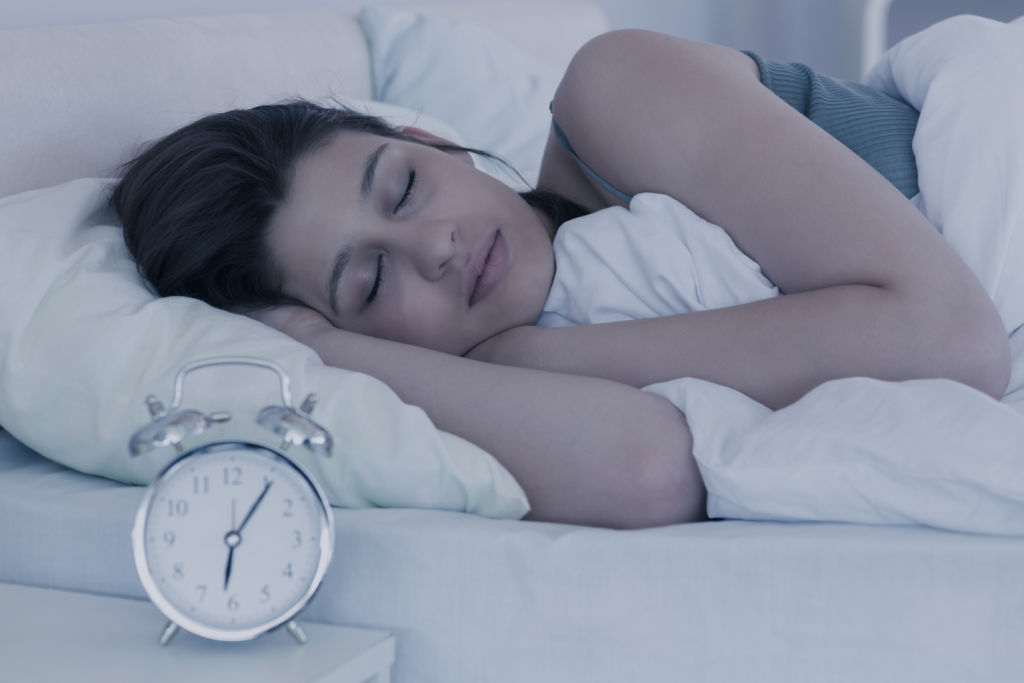The optimal time for a person to sleep depends on their age and genetic make-up. Teenagers and adults should try to sleep between 10:00 and 11:00 p.m., while school-age children should go to bed between eight and nine p.m. However, this time can vary widely and should be observed as a general guide. However, if a person is trying to improve their sleep, consistent wake time is important.
Some sleepers cannot sleep at an early hour and others cannot sleep at any time of the day. Some individuals fall somewhere in between these two extremes, and the best time to go to bed is when you are most likely to be fully alert the next day. For most people, this is between nine and eleven p.m. While there are many benefits to sleeping at a certain time, it is important to remember that not everyone’s body clock operates at the same time.

A recent study found that people who go to bed at the same time every night experienced fewer symptoms of depression compared to those who slept later. This may be a direct result of shorter sleep but it may also be related to their negative thinking, which affects their sleep quality. In addition, people who get less sleep have more difficulty falling asleep and staying asleep, which can affect their health. Thus, it is recommended to try to get to bed early to reduce health risks.
Ultimately, there is no specific ideal time for everyone. However, you should aim to get a consistent eight-hour sleep every night and make sure that you wake up at the same time each morning. If possible, try to stick with the same time each day, and avoid going to bed on weekends. This way, you will avoid grogginess on weekdays. If you find that sleeping late is affecting your sleep, try getting up a half hour earlier.

Studies have also shown that people who get fewer hours of sleep are at greater risk of cardiovascular disease, high blood pressure, type 2 diabetes, and obesity. So, while a change in the timing of when you go to bed may be a low-cost public health goal, it is a worthwhile one. That’s why the best time to go to bed could be midnight or earlier. So, if you want to have more energy throughout the day, make sure you get plenty of sleep!
There are many reasons why people may not be able to sleep at midnight. These could be because of the late work hours or a newborn baby. But it’s never healthy to stay up until midnight! You will not feel your best and will end up with a terrible night’s sleep. So, when you go to bed, do it early. That way, you’ll be more productive during the day. If you are a night owl, try to sleep before midnight if possible.

Experts recommend that you try to wake up at a similar time every morning and go to bed at your optimal time. Even if your ideal time for sleep changes day to day, you can learn your own body clock by following a consistent schedule. Another way to determine your best time to sleep is by limiting the amount of time you spend in bed and hitting the sack at least fifteen minutes before your normal bedtime. These methods can help you fall asleep faster and deeper by triggering your body’s biological drive.
Although it’s important to set a consistent time to go to sleep, it can be difficult to do it consistently. To help you create a consistent sleep environment, try relaxing nighttime rituals and good sleep hygiene. A board-certified sleep medicine physician can recommend an ideal bedtime. If your sleep is inconsistent, you could have a health issue or a problem that requires additional hours of sleep. A sleep doctor can help you identify your optimal time to go to bed and wake up.

